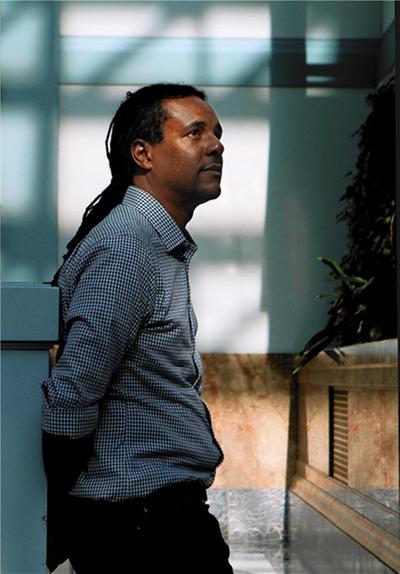Finding the inside track
By Mei Jia | China Daily | Updated: 2017-08-04 07:13
 |
| Colson Whitehead's novel The Underground Railroad won the Pulitzer Prize and the 2016 National Book Award for fiction. The book has been translated into 40 languages. [Photo provided to China Daily] |
Colson Whitehead explains how New York, post-traumatic stress and a long gestation helped shape his latest award-winning novel. Mei Jia reports.
Colson Whitehead, this year's winner of the Pulitzer Prize for fiction, who is on his first book tour in China, says he finds Beijing's roads too broad to make walking around enjoyable, but Shanghai, like New York where he grew up, is an incredible place to walk around.
"I love cities. They're fascinating," he tells China Daily at the hotel where he is staying in Beijing, a few hours before he joins poet Xi Chuan for a talk on the theme of cities.
"A city is sort of a calendar," Whitehead, 47, says. They chronicle their residents' lives and emotional history by, for example, "mapping a nice meal in Manhattan, or the corner where I broke up with my ex".
For his novel The Underground Railroad, which has won multiple awards since it was published last year, Whitehead wanted to weave his hometown New York into the book, which was not that easy since it is set in the 1850s and tells the tale of Cora, a slave who makes a bid for freedom from the Georgia plantations using the underground railroad.
"I managed it with the main villain, Ridgeway. He is from New York," he says.
The novel is his sixth, and, in his words, it has had "quite a year". It was a New York Times best-seller, won the Pulitzer and the 2016 National Book Award for fiction, and it has been translated into 40 languages. The Chinese version was published in 2017.
It also got recommendations from Barack Obama and Oprah Winfrey.
The New York Times said he "told a story essential to our understanding of the American past and the American present".
























